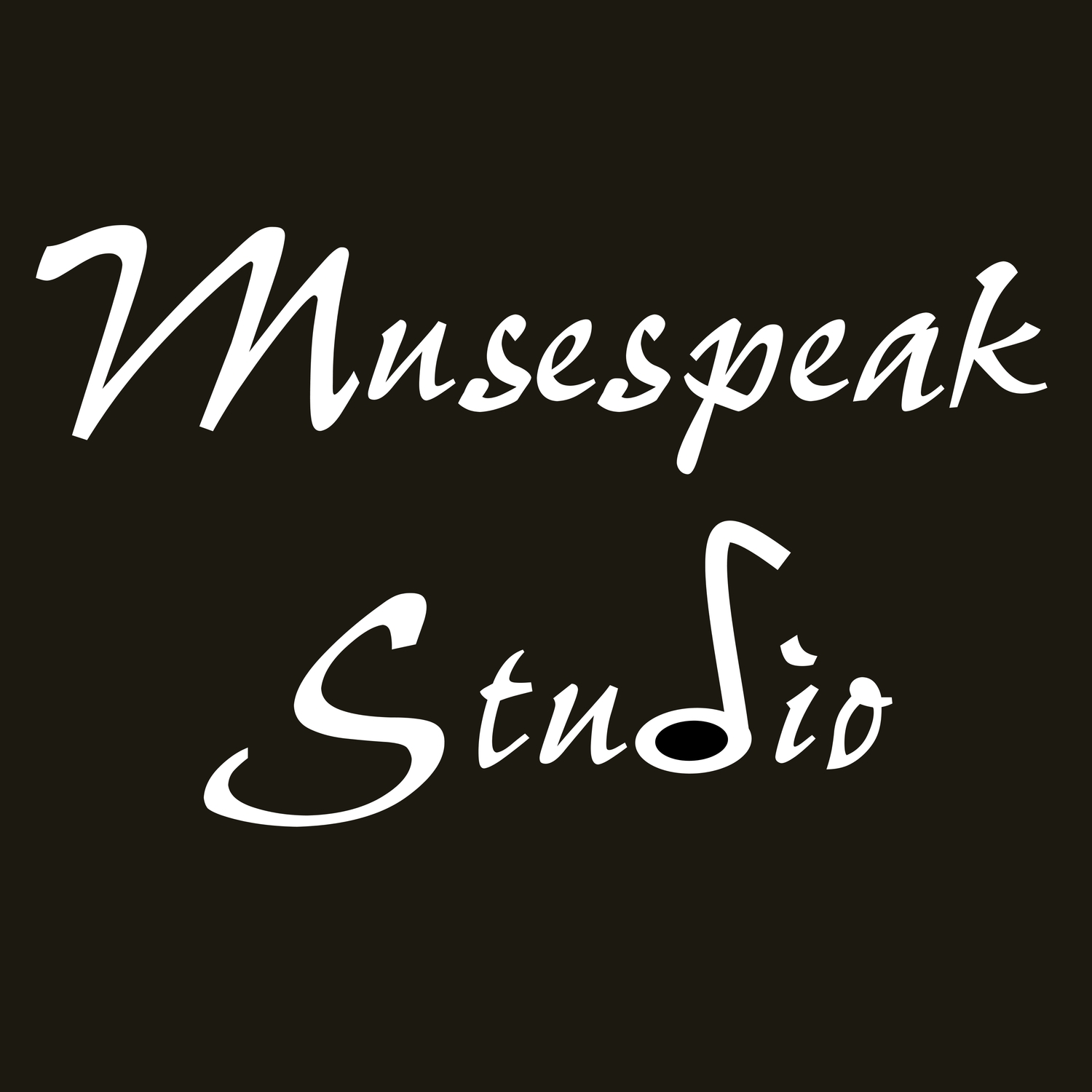If you have to get something ready to perform and you have very little preparation time, you have to manage your time very efficiently to get the job done. This is where speed learning comes in.
Speed learning techniques are useful for musicians
of any level and any age. There are several approaches to speed learning a piece of music, which I outline in my speed learning piano tutorial:
Regardless of your approach, there are a few common themes:
Have frequent mini-practices to get the music into your muscle memory, e.g. five 2-minute practices, or five 5-minute practices.
Know your theory! It's important to know where you are in the form of the piece (e.g., A section? Recap? Second verse?). It is equally just as important to know your harmony. More on that later.
Make it easier for yourself: Most people won't notice if you make a few modifications. Look for ways to simply patterns. Younger students can play solid chords instead of the fancier Alberti bass. Drop the doubled-notes. Go ahead scribble in the note-names for notes on the ledger lines. Write in the harmony (the chords).
Set your goals and tasks for each mini-practice: Which trouble spots are you going to work on? Which practice drill is the best for fixing it? You must strive to see and hear a significant improvement on that spot by the end of your mini-practice.
Use practice aids: Drag out that metronome from behind the piano. Prop up your iPod, tablet or smart phone by your instrument to play along to a recording of your piece. You can also record and review your progress.
By regularly doing "speed learning challenges" or "quick studies", you will notice that you will learn your "regular" pieces more quickly.
I'll have to ask my fellow music teachers if they have any other speed learning tips to share. Stay tuned!
Happy practicing!

